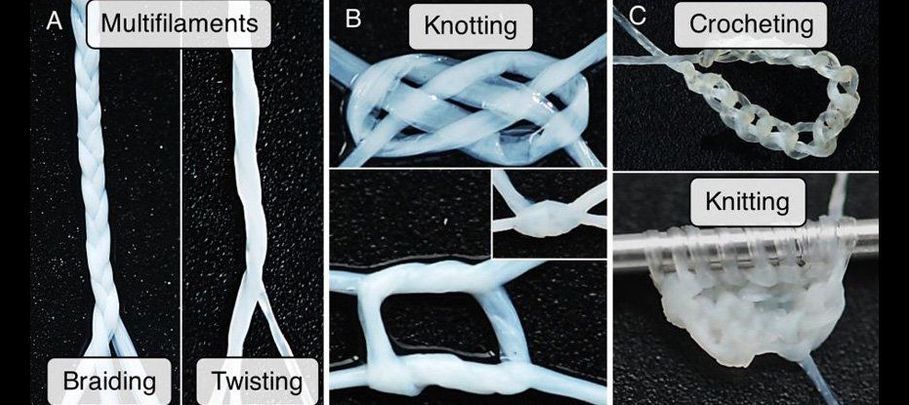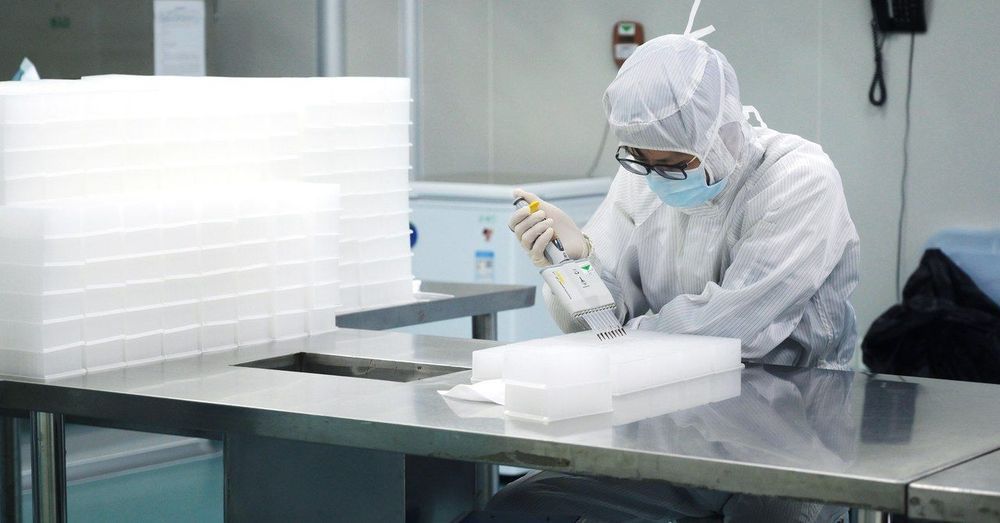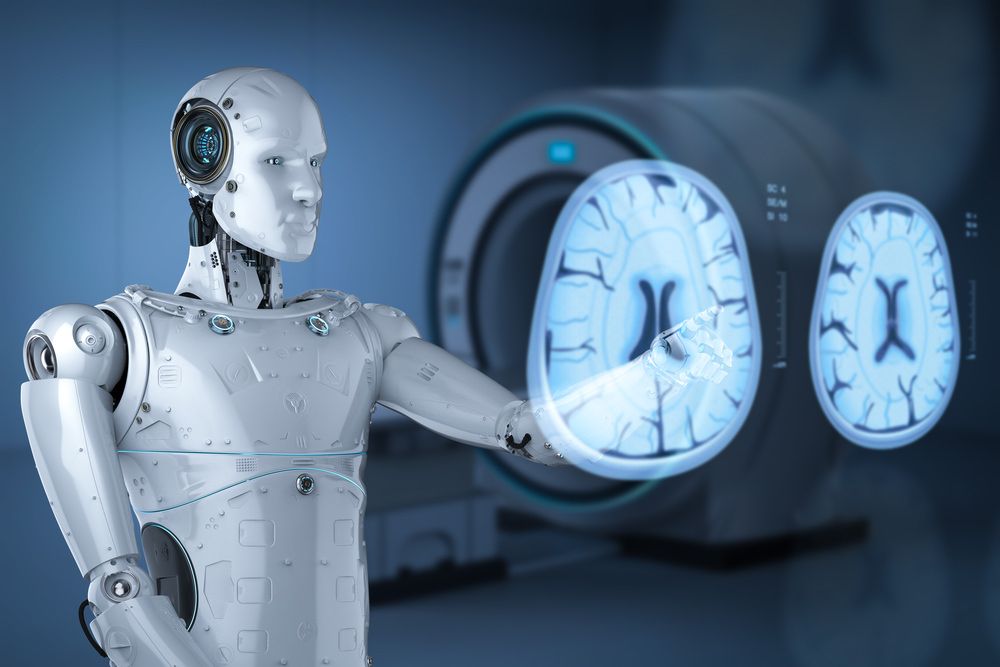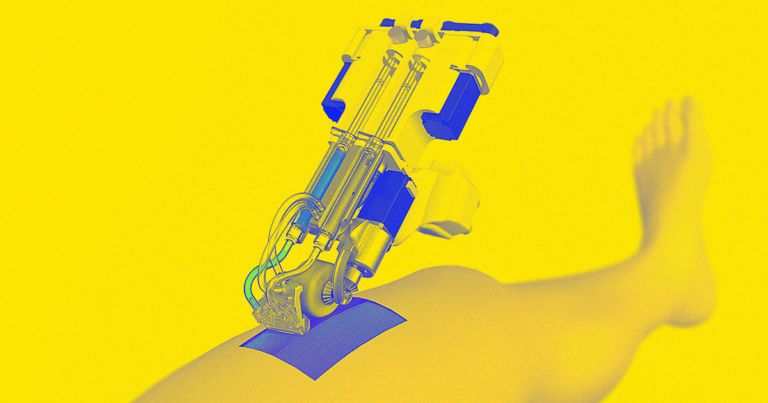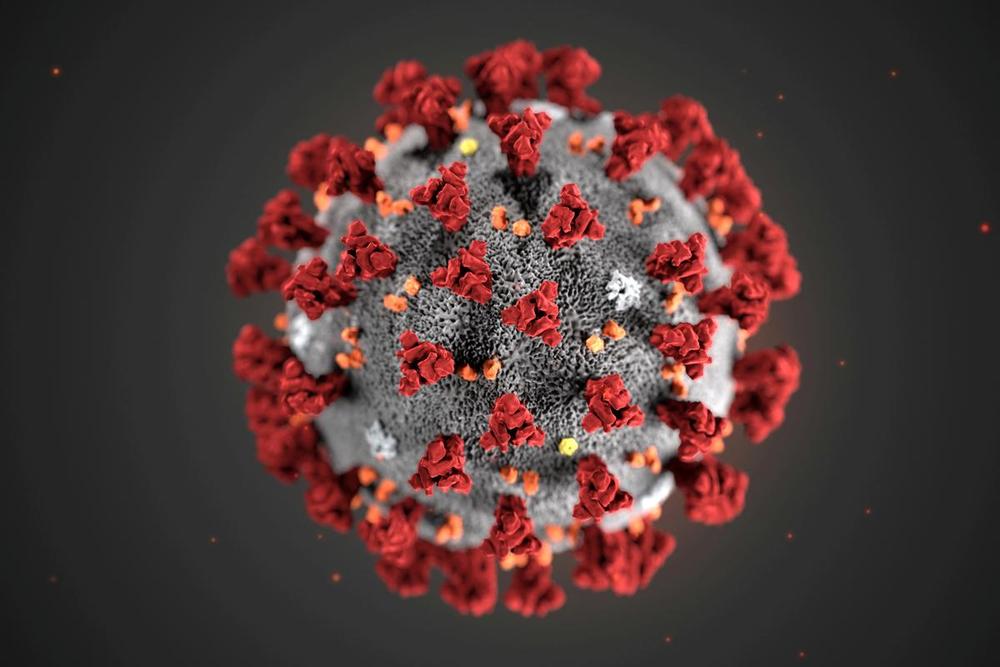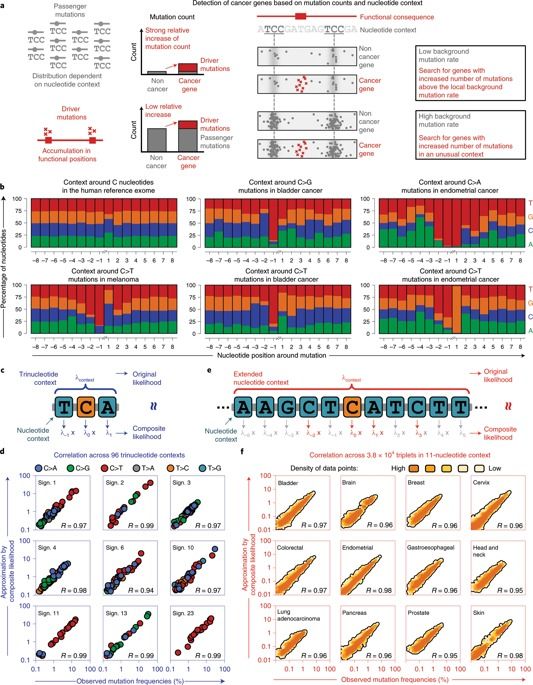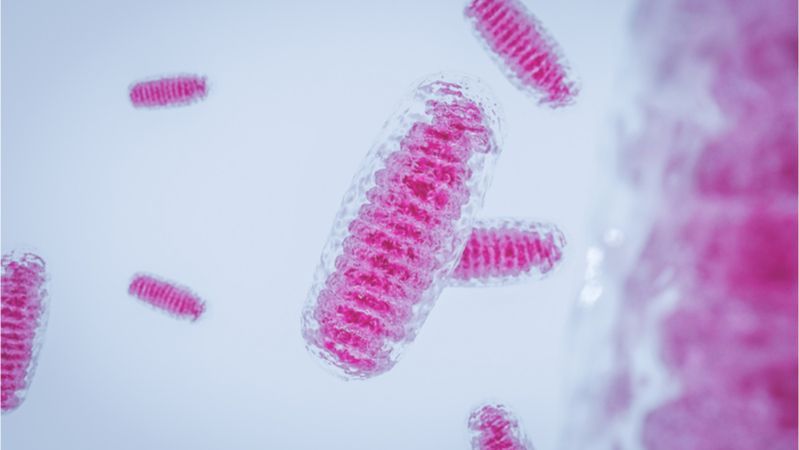A team of researchers at the French National Institute of Health and Medical Research in Bordeaux have grown yarn from human skin cells that they call a “human textile” — and they say it could be used by surgeons to close wounds or assemble implantable skin grafts.
“These human textiles offer a unique level of biocompatibility and represent a new generation of completely biological tissue-engineered products,” the researchers wrote in a paper published in the journal Acta Biomaterialia.
The key advantage of the gruesome yarn is that unlike conventional synthetic surgical materials, the material doesn’t trigger an immune response that can complicate the healing process, according to New Scientist.
